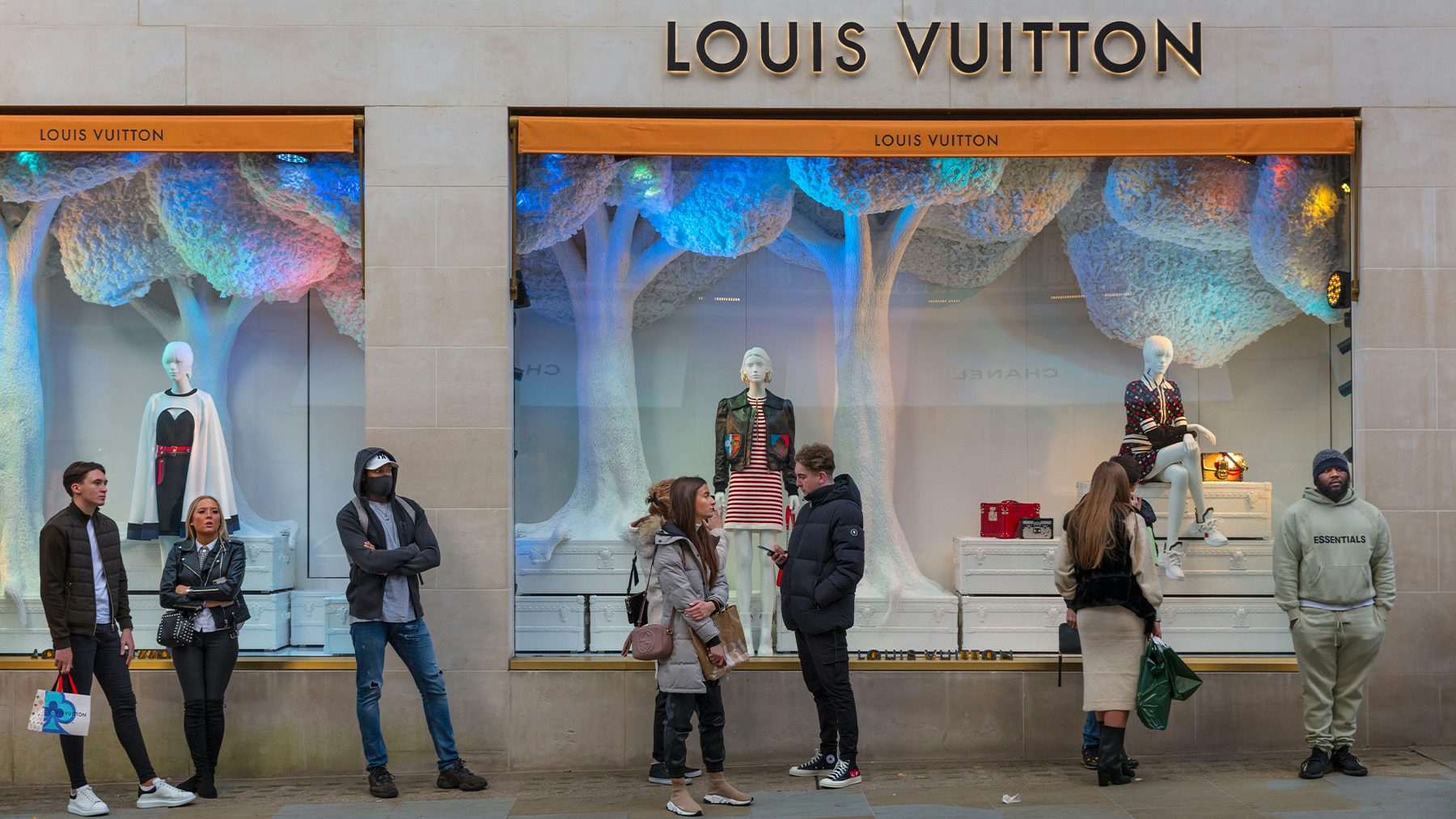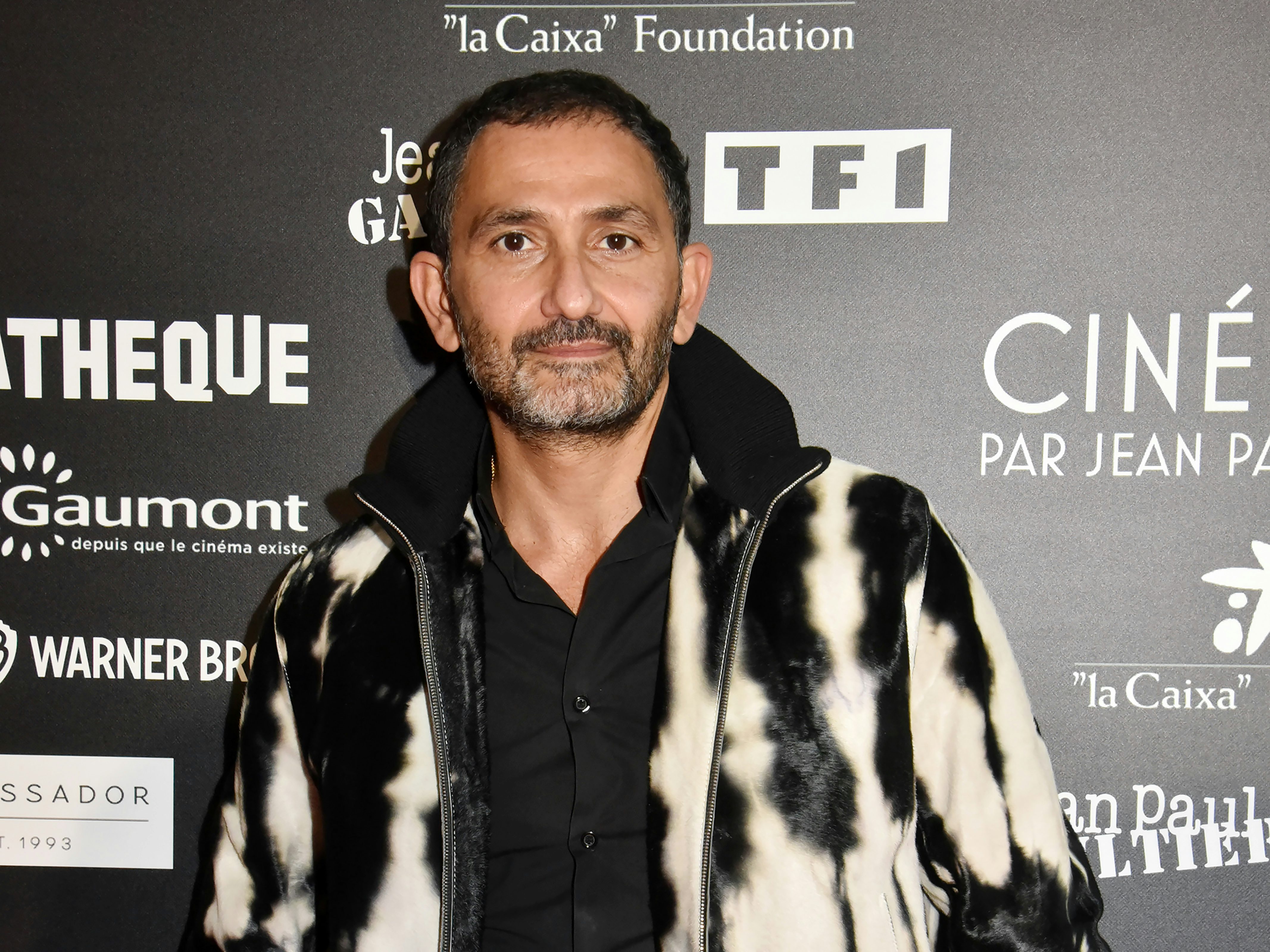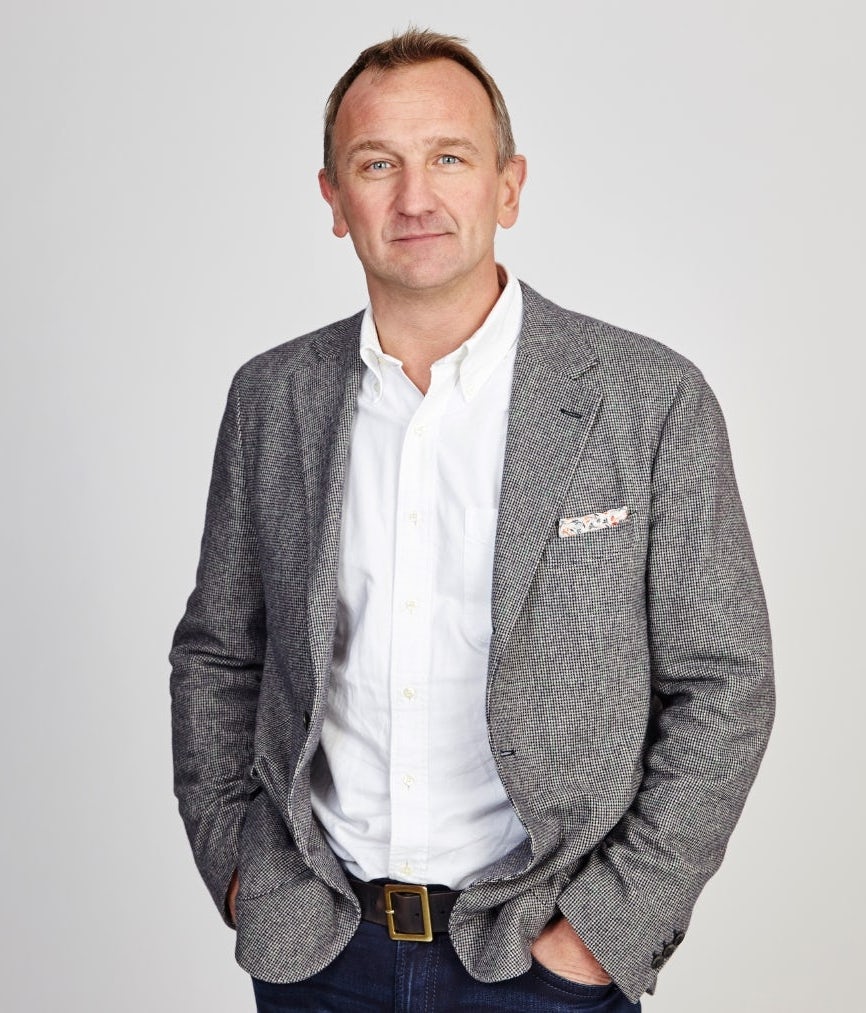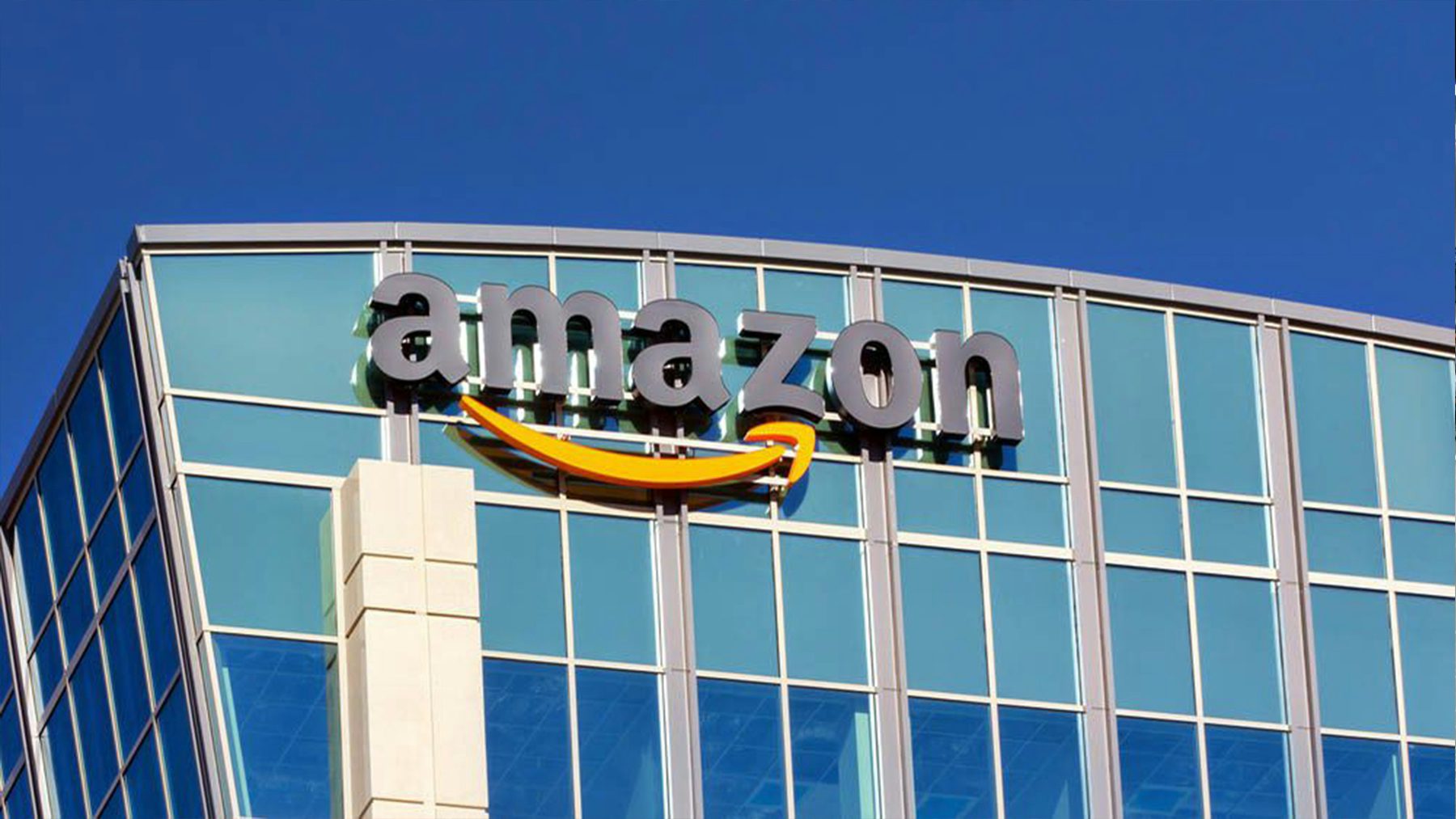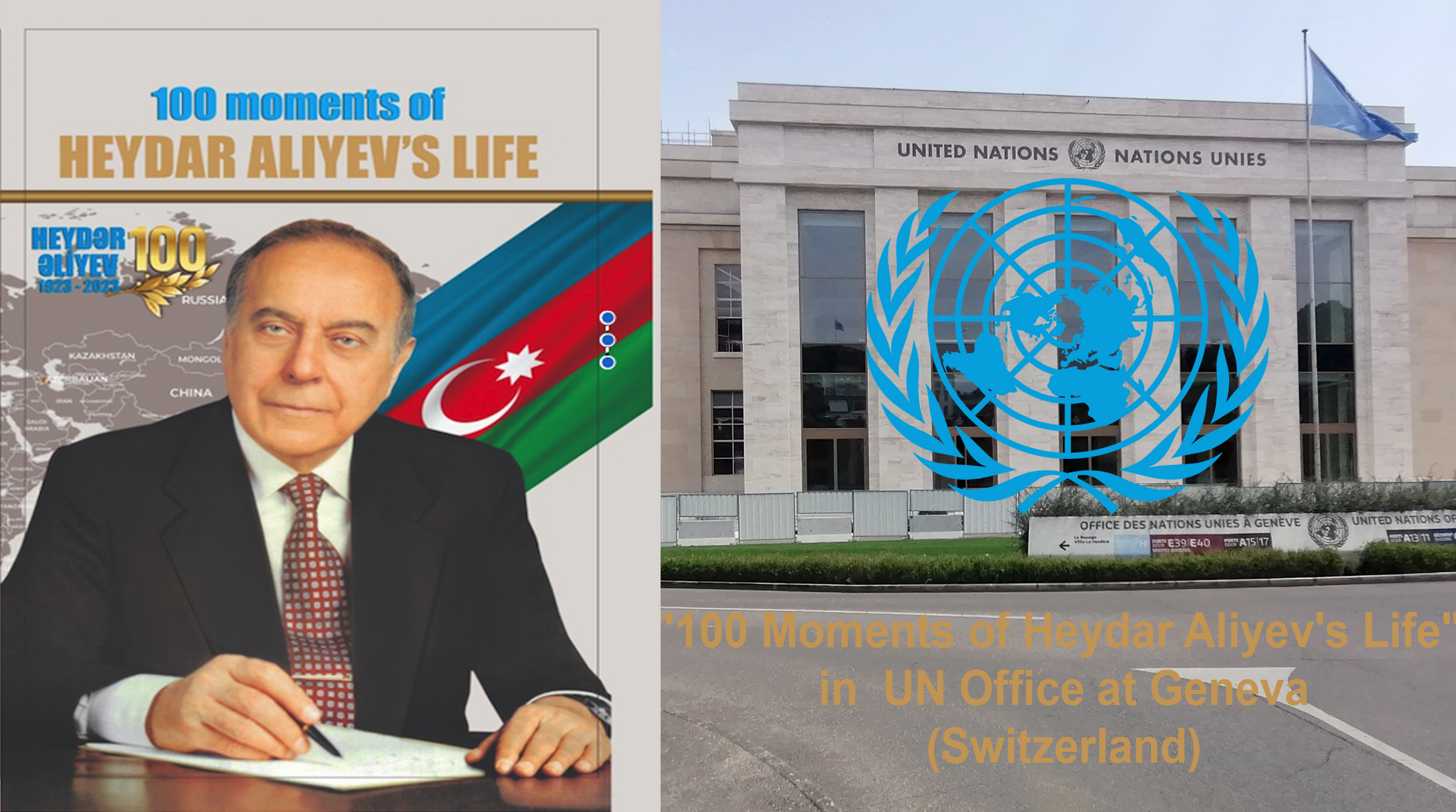A Tale of Two DTC Brands: Why Some Soar and Others Crash | This Week in Fashion, BoF Professional
On Wednesday, Softbank’s Vision Fund announced a $400 million investment into Vuori, a California-based activewear brand. Although the Japanese bank typically sticks to technology for its investments, this one is a signal that Softbank sees fitness apparel as the next big growth market.
Vuori is a small, independently-own brand that “not a lot of people had heard of,” chief executive and founder Joe Kudla admitted to BoF. But since its inception in 2015, it’s been growing 250 percent every year. And much like the rest of the activewear space, Vuori’s business surged during Covid, with sales tripling.
A pandemic-fuelled appetite for yoga pants and matching bra sets is not expected to slow down any time soon. The category made about $120 billion in 2020, according to Coresight Research, and is expected to grow at a compounded annual growth rate of 8.4 percent through 2023.
But not every pandemic trend — and brands that thrived off them — have faced such outcomes.
This week also brought the news that trendy loungewear company Entireworld, known for its colourful sweatsuits, was shuttering. Founder Scott Sternberg wrote on Instagram that the brand needed “significant capital to be able to compete with the countless brands out there,” but had to shutter “after years of unsuccessful fundraising” and an acquisition that fell through last minute (Sternberg did not respond to a request for comment).
The fact that these two brands that thrived off pandemic fashion trends now face two different outcomes speaks to crucial business decisions they each made surrounding product, growth trajectories and how they envisioned profitability.
From the get-go, Entireworld did not have a differentiated product. The brand rose to prominence just as sweatsuits became a popular, Instagrammable outfit to wear around town in early 2020, and shoppers flocked to the Entireworld during the pandemic. But the brand also faced competition from labels high and low rolling out colourful sweatsuit sets. Entireworld struggled to stand out.
“It had a good burst of initial attraction, but they were selling something you could have gotten anywhere, at a better price point,” said Kristin Kohler Burrows, senior director of consumer retail group Alvarez & Marsal.
“When you’re fighting against big behemoths, you have to come out with a strong point of difference and a unique iconic product, but you must also quickly figure out how to leverage that into a broader product line if you want customers coming back,” Kohler Burrows added.
Entireworld did diversify, selling an assortment of sweaters, t-shirts and undergarments, but these items didn’t catch on like its sweatsuits. Even if they are worn by Selena Gomez and Leandra Medine, it’s hard for a brand to survive on one product. “How many sweatsuits is one shopper realistically buying?” asked Kohler Burrows.
By contrast, Vuori launched as a men’s activewear brand that tackled a specific market with a specific product.
At the time of its founding, Kudla said the men’s market lacked fitness clothing for men who “wanted a healthy lifestyle,” but did not see themselves as sports-centric as Nike or Under Armour’s customers. At the time, Vuori faced competitors like the newly-launched Rhone, as well as Lululemon, but the apparel giant had not built a strong men’s business until years later. Kudla saw an opportunity to create clothes men could also wear outside the gym.
Vuori came to the market with moisture-wicking shorts but expanded into athletic tees, hoodies and surf apparel. Kudla said the brand focused on constantly producing “evergreen product.”
“When you’re speaking to one product that you do make better than anyone else, it’s a great customer acquisition driver but eventually, you have to build newness for customer retention and lifetime value,” he said. “We’re mindful of trends but we’re not slaves to them. We don’t want to be in the fashion cycle.”
Vuori has also has been financially cautious. Kudla said he has a “conservative nature,” and that even though he watched brands like Allbirds and Warby Parker raise several rounds of funding in order to scale, he preferred to go down a slow-growth strategy. The brand hit profitability in 2017, and only after that did it grow its retail footprint and expand into women’s in 2018 (it raised $49 million in funding in 2019).
With Entireworld, Sternberg’s business blueprint looked very different. Sternberg was fundraising while he was spending, as startups often do, and during the pandemic, the founder was candid with shoppers in marketing emails that the business could take a turn for the worse.
“Operating at a loss and hoping for investment isn’t a sound business plan, it’s a disaster waiting to happen,” Gary Wassner, co-chief executive of factoring firm Hilldun Corporation, told BoF.
Vuori has never received quite the same marketing halo or industry approval as Entireworld. It certainly doesn’t have the same name recognition as competing activewear brands like Athleta, Alo Yoga, Outdoor Voices or Sweaty Betty. But while Entireworld relied solely on direct-to-consumer channels, Vuori has wholesale partnerships with Nordstrom and REI, and will soon be in the UK’s Selfridges and Cotswold Outdoor. A turn away from pure DTC in favour of select wholesale is a strategy a growing number of startups are now starting to embrace.
“Although at a lower margin, a finite number of strategic wholesale partnerships can be very important for driving brand awareness and customer acquisition, particularly if the strategic wholesale partner shares the same customer target,” said Kohler Burrows.
Softbank has a track record of aggressively powering companies like Uber, Flipkart and WeWork to fast growth, and its plans for Vuori isn’t any different. The company will open over 100 stores in the US in the next five years, and will also expand to Europe and Asia next year. Investors no doubt hope to raise Vuori to the status of giants like Lululemon, which said it will surpass its 2023 goals by the end of the year.
“Athleisure was growing before the pandemic, as more people were getting healthier, getting outside and focusing on fitness, and the pandemic only accelerated that,” said Kohler Burrows. “The trend has also moved to take a mix of business and athleisure attire and so brands will get great tailwinds, given that the world is going more casual.”
It’s a crowded market but one in which brands can succeed if they roll out differentiated product and are strategic about their finances.
THE NEWS IN BRIEF
FASHION, BUSINESS AND THE ECONOMY
LVMH’s growth slows down as post-lockdown comparisons get tougher. Getty Images.
LVMH’s growth slows down as post-lockdown comparisons get tougher. LVMH’s sales growth eased from the previous quarter when purchases of Louis Vuitton bags and other luxury items surged after stores reopened. Organic revenue at the fashion and leather goods unit rose 24 percent in the third quarter from a year earlier, the company said in a statement Tuesday. The group said it was “confident” the current momentum would continue.
Uniqlo owner forecasts profit recovery as pandemic abates. Japan’s Fast Retailing expects continued recovery in sales and profits in the year to August 2022 as the pandemic abates, the owner of clothing brand Uniqlo said on Thursday. The company said it expects operating profit to climb 8.4 percent to 270 billion yen ($2.4 billion) in its 2021-22 fiscal year.
Coach says it has stopped destroying merchandise after online criticism. The American leather goods brand said it had ceased the practice of destroying in-store returns of damaged and unsalable goods in an Instagram post, after a TikTok video showing slashed handbags went viral over the weekend.
China’s Fosun Fashion Group rebrands as Lanvin group. The newly-renamed entity owns brands including Lanvin, Sergio Rossi, Wolford, St John Knits and Caruso and has taken on new investors and strategic partners as part of the revamp. Its latest capital round brings the value of the fashion group to $1 billion, according to a press release.
Saks Off Fifth boosts minimum hourly wage to $15. The pay hike will impact all hourly store associates in North America effective immediately, the off-price luxury retailer said. The company is also paying hourly store associates an “appreciation” bonus of $500 as part of a larger effort to attract and retain talent amid a tight labour market buoyed by the pandemic.
Dolce & Gabbana bets on independent future after China stumble. Dolce & Gabbana plans to remain independent to preserve its creative freedom, even as the Italian fashion house claws back sales lost due to the pandemic and a bungled ad campaign in China. Sales are expected to climb back to pre-pandemic levels this fiscal year, said chief executive Alfonso Dolce.
Fast fashion brand Lulu’s files for IPO. The California-based company is profitable and generated between $104 million and $106 million in net revenue and about $50 million in gross profit during the three months ending Oct. 3. Like many fast fashion brands, Lulu’s releases hundreds of new styles weekly and operates on a data-driven model to determine what to keep producing.
THE BUSINESS OF BEAUTY
Parfums Christian Dior appoints Francis Kurkdjian perfume creative director. WireImage.
Parfums Christian Dior appoints Francis Kurkdjian perfume creative director. Kurkdjian will remain artistic director of his namesake brand Maison Francis Kurkdjian, which along with Dior is also owned by the LVMH Group. He succeeds François Demachy, who served as Dior perfumer-creator since 2006.
RMS Beauty acquired, David Olsen joins as CEO. The American clean beauty brand, founded by makeup artist Rose-Marie Swift in 2009, is being acquired by Dallas based private equity firm Highlander. Olsen, who joined Highlander as a managing director in 2019, was most recently the chief executive of prestige beauty retailer Cos Bar.
Cosmetic services firm Ideal Image reportedly preparing for IPO. Ideal Image, which provides services including laser hair removal, botox and skin lifts, is exploring a US initial public offering, according to people with knowledge of the matter, reports Bloomberg. The company, which is majority-owned by private equity firm L Catterton, could file as soon as this year.
PEOPLE
Asos CEO steps down amid executive and board reshuffle. Asos.
Asos CEO steps down amid executive and board reshuffle. Nick Beighton departed the online retailer Monday after 12 years with the company, Asos said in a statement. Chief financial officer Mathew Dunn will oversee day-to-day business as chief operating officer, with group finance director Katy Mecklenburgh stepping in as interim CFO. The search for a successor will begin shortly, the company said.
Tiffany names first CMO in years. Andrea Davey, who has been with the company since 2013, has been promoted from senior vice president of marketing to chief marketing officer, according to her LinkedIn profile. The news was first reported by WWD.
Tod’s appoints general manager amid CEO changes. Former chief executive Umberto Macchi di Cellere has left the group, with chairman Diego Della Valle and vice-chairman Andrea Della Valle retaining the powers of chief executive. Cellere has been replaced by Simona Cattaneo, who previously held roles at L’Oréal, Burberry and Dior.
MEDIA AND TECHNOLOGY
Amazon and Walmart brace for crucial Diwali showdown. Getty Images.
Amazon and Walmart brace for crucial Diwali showdown. This year’s weeks-long festive period is instrumental for the retail giants, who are both angling for a bigger slice of India’s burgeoning e-commerce market. Online sales during the holiday should leap 42 percent to $9.2 billion this season, Forrester Research estimates.
Compiled by Diana Pearl.

